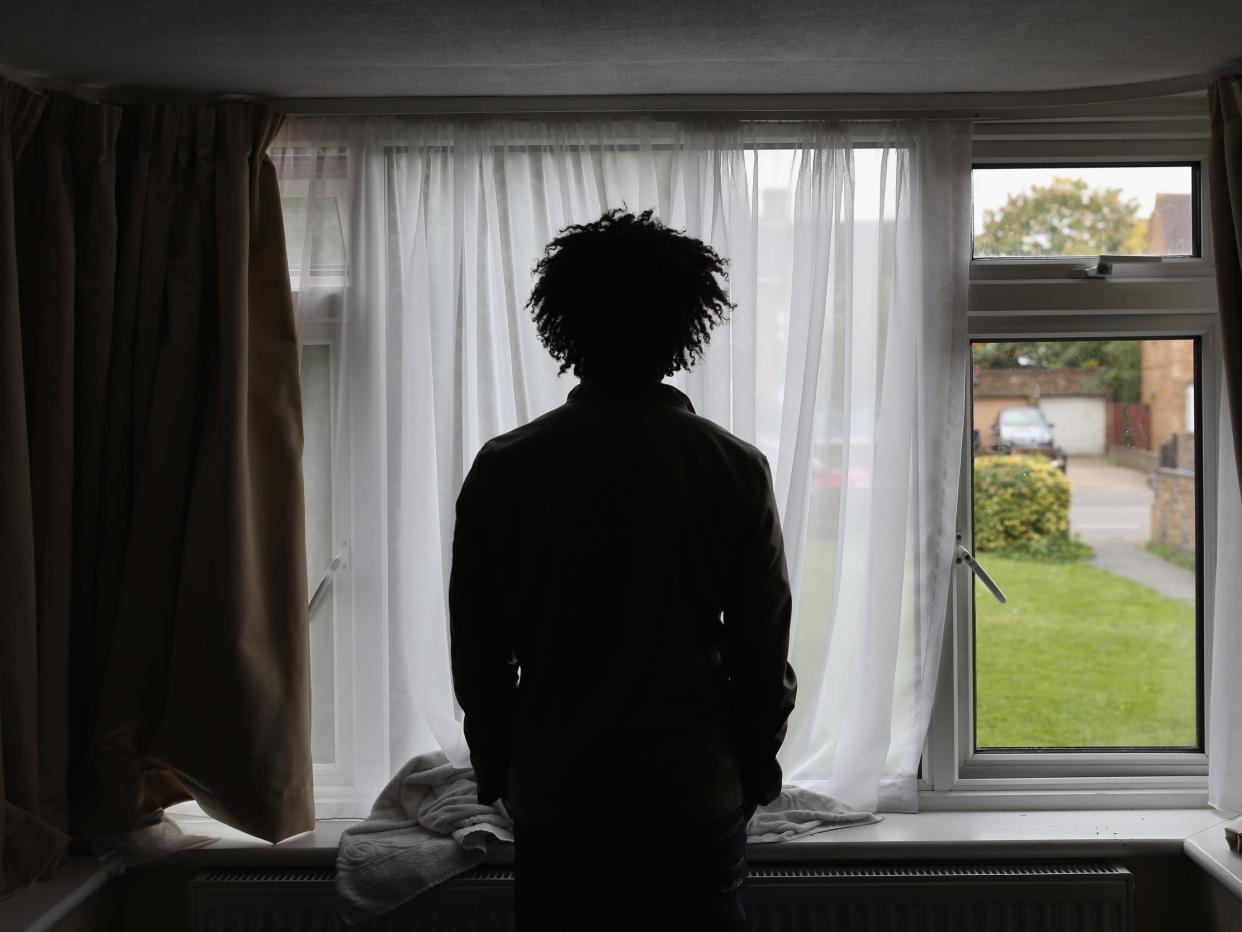Refugee status should be an opportunity to rebuild a shattered life – not to face destitution

The Covid-19 pandemic has brought big changes and challenges to all of our lives, although it is clear that some people have been hit much harder than others. The pandemic has also shown that people in national and local government and our local communities can, at our best, adapt quickly and rethink the way things are normally done to create positive outcomes in a difficult time.
One example of this is the Home Office’s decision to suspend the 28-day “move on period” for those newly recognised as refugees and to allow them to remain in their asylum accommodation, with asylum support, until they either obtain work or receive universal credit payments. This has been an important change that has prevented refugees from becoming destitute during the crisis and eased pressure on the local authorities, community support groups and charities who normally provide support in situations like these.
However, as in other areas, Covid-19 has exposed weaknesses in our current practices and provides us with an opportunity to think about how to create an immigration system that is effective and fair to both refugees and to the rest of society.
The current regulations only give people 28 days from receiving their refugee status to open a bank account, find a job and receive their first wages, or to apply for and receive benefits through the universal credit scheme, and to vacate their temporary accommodation and find somewhere else to live. That is an incredibly demanding timeframe, particularly as it takes a minimum of five weeks to receive universal credit payments after an application has been received. The inevitable result is that many newly recognised refugees find themselves homeless and with no income, despite having been granted indefinite leave to remain by the Home Office.
While, of course, public funds are scarce and many are in need, research carried out by the British Red Cross and London School of Economics and Political Science has demonstrated that this short timeframe is actually more expensive for the taxpayer in the long run. Central government may no longer be paying for accommodation but it is local authorities, the NHS and charities who end up picking up the additional costs of supporting refugees facing destitution.
The research showed that extending the support provided to new refugees in the UK to 56 rather than 28 days could benefit the economy by £7m each year, outweighing the immediate costs of housing provision and support by up to three times. The research suggested that local authorities would benefit most if the move-on period was extended – saving more than £2m each year as a direct result of giving new refugees longer to find permanent housing and, therefore, reducing the use of more costly local authority temporary accommodation.
As a cross-party group of parliamentarians, we have many differences, but a shared belief that we should provide fair and compassionate support to refugees granted leave to settle in the UK. We believe that it makes sense to permanently extend the move-on period to 56 days and to create a joined-up system of support across national and local government for those who are newly granted refugee status. By ensuring that they have enough time to transition out of asylum support, we can give refugees a better chance to obtain work, become self-sufficient, integrate more fully into their local community and to make a wider contribution to the country that is now their home.
Being granted refugee status should come with the opportunity to finally rebuild a shattered life – not to face destitution within a month, falling between the gaps of two systems and two government departments. This gap was bridged during lockdown. Maintaining it would be one way of ensuring that we use this opportunity to start to build back better.
David Simmonds MP, Neil Coyle MP and Tim Farron MP are all principals of the cross-party Refugee, Asylum and Migration Policy Project (Ramp)
Read more
Lifting ban on asylum seekers working would raise £100m in tax
Home Office breaking law by leaving destitute asylum seekers homeless
The reality of life for women seeking asylum in lockdown Britain

 Yahoo News
Yahoo News 
